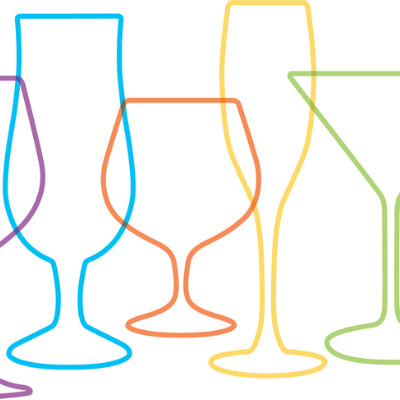New HRB research examines rate of alcohol treatment in Ireland
A new paper from the Health Research Board (HRB) shows that despite high rates of alcohol consumption and dependence, the rate of treatment entry nationally is sub-optimal with wide geographic variations.
3 min read - 4 Oct 2021

The paper, “Estimating need for alcohol treatment in Ireland using national treatment surveillance data“ is just published in the Irish Journal of Medical Science, and uses routinely gathered national health surveillance data on problem alcohol use from the HRB’s National Drug Treatment Reporting System (NDTRS)* to measure how treatment need for alcohol use disorder is being met.
Key findings in the paper include:
- Despite high rates of alcohol consumption and dependence, the rate of treatment entry nationally is sub-optimal, with wide geographic variations
- Drinking patterns indicate high levels of alcohol consumption and prolonged use prior to treatment. The use of other drugs alongside alcohol was common. Cannabis was the most commonly reported substance used alongside alcohol while cocaine was the second most commonly reported substance used along-side alcohol
- National rates of treated Alcohol Use Disorder (AUD) were 270 cases per 100,000 annually, with a rate of treated alcohol dependence of 165/100,000. These figures fall well short of the identified target of 690 treatment episodes for dependent drinkers per 100,000 adults per annum**. These findings suggest that only 2–3% of those with dependence are entering treatment each year.
- There was a five-fold difference between the lowest and highest rates (119 cases per 100,000 in Meath versus 633 in Waterford).
Speaking about the findings, Dr Anne Marie Carew, lead researcher on the paper and Research Officer at the HRB, says:
“There are a number of explanations for the low rate of treatment entry, and it isn’t solely due to the number of places available. There are known issues with people recognising that they have a problem with alcohol. Among those who do recognise that they have a problem, they can often experience barriers and obstacles around seeking treatment.
Dr Carew continues:
“These findings are critical to informing and measuring the success and delivery of efforts to reduce the harmful use of alcohol. They will assist policymakers and practitioners to adequately plan treatment services and prepare for future challenges posed by the problematic use of alcohol.
“It is also important that people experiencing difficulties with alcohol understand that there are services available to help them. Drugs.ie offers helpful information and support. As does the Health Service Executive’s website***. The HSE’s Drugs and Alcohol Helpline on freephone 1800 459 459 offers confidential information and support too.”
[ENDS]
Notes:
*
National treatment surveillance data on problem alcohol use collected by the NDTRS were analysed. The study included cases resident in Ireland, aged 18–64 years entering treatment for alcohol use disorder (AUD) between 2015 and 2019 (n = 44,079). Treatment rates were calculated per 100,000 of the population.
**
International evidence indicates that about 10% of people with alcohol dependence will seek and commence treatment each year. Based upon Irish estimates of prevalence of dependence, a target of 690.0 treated cases per 100,000 population per annum is expected.
***
3 min read - 4 Oct 2021



